Although cats are often associated with independence and aloofness, they can really have very strong, paternal bonds with their owners. Cats may exhibit behaviours that indicate to their owners that they are more than just a source of food and shelter. As a matter of fact, your cat probably views you as a parent, and there is intriguing data to support this.
A kitten’s mother and it create an instant attachment after birth, with the kitten depending on her for warmth, nourishment, safety, and comfort. The survival and growth of the kitten depend on this relationship. The kitten continues to show signs of dependence on its mother as it gets bigger, including kneading her tummy to get milk flow, purring for comfort, and following her around for security. That attachment, though, can change if a kitten is adopted by a human after being taken from its biological mother when it is still a young cat. Cats frequently consider their human carer as a surrogate parent and transfer their affection from their mother to them.
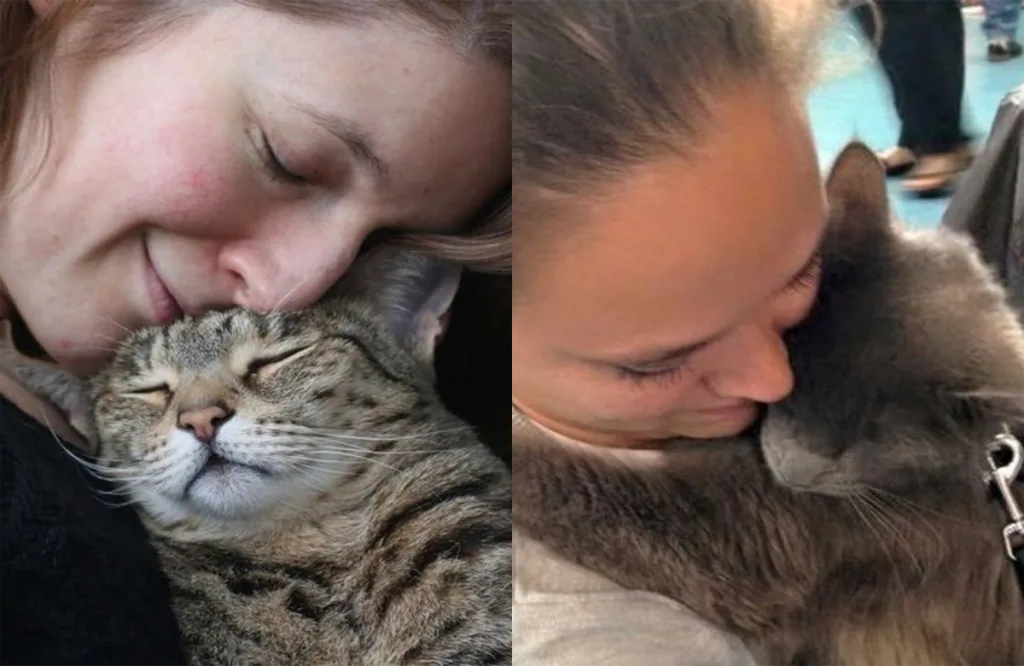
Kneading is one of the most obvious indications that your cat views you as a parent. A cat is imitating its mother when it kneads on your lap or any other soft surface. This gesture, which is frequently followed by purring, is an unmistakable sign of trust and contentment. The cat is expressing that it feels comfortable and protected by kneading, much like it did when it was a kitten depending on its mother. Therefore, your cat’s kneading on you serves as a potent reminder that it views you as its provider and protector.
Another typical feline behaviour that influences this parental attachment is purring. Although there are many other reasons why cats purr, comfort and contentment are two of the main ones. In the same way that a kitten purrs when nursing, adult cats purr when they are at ease and content with their human carers. This purring, which is frequently accompanied by physical contact, is an unmistakable indication that your cat feels safe, loved, and warm around you, just like it did in its early years with its mother.
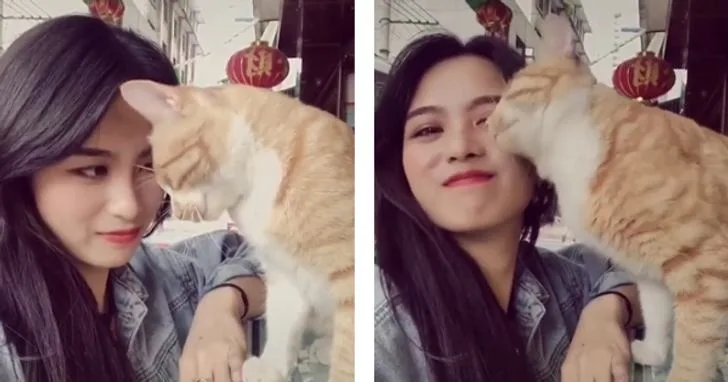
Other subtle behaviours are another way that cats show how dependent they are on their human carers. A cat exhibiting attachment might be one that follows its owner about the house in search of attention or just observes from a distance. Young kittens in the wild follow their mothers as a source of security and direction. In a similar vein, a tamed cat may follow its owner throughout the house since it perceives them as a source of security and authority. The cat’s presence close by is frequently an indication of a strong emotional attachment, even if it doesn’t actively seek attention.
Cats also express their fondness and trust for their human carers through grooming. Mother cats groom their kittens to maintain cleanliness and strengthen social connections. A cat that licks its owner’s hands or face is demonstrating its trust and affection for its human companion by engaging in a type of mutual grooming. The assumption that cats view their humans as surrogate parents is further supported by the way in which this behaviour mimics the nurturing behaviours they encounter as kittens.
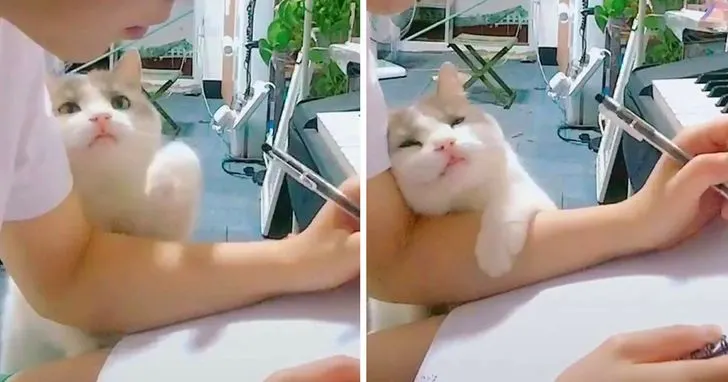
The fact that a cat sends gifts to its owner is another intriguing part of their relationship. The slightly unsettling sight of their cat proudly displaying a dead mouse, bird, or insect at their feet is something that many cat owners have witnessed. This can sound strange, but it’s actually a sign of extreme care and affection. Mother cats deliver prey to their kittens to teach them how to hunt in the wild. When your cat extends an offer of a “gift,” it is attempting to teach you about hunting in the same way that it would a kitten. This is a clear sign that your cat considers you to be a member of the family and that it feels obligated to care for and defend you, much like a mother cat would.
Lastly, hints regarding this parental relationship can also be found in the way a cat interacts with its human. In the wild, cats usually don’t meow at each other; instead, they save vocal communication for people. Cats meow at their owners in an attempt to continue the habit of meowing to get their mother’s attention. They seem to be pleading with their human parent for sustenance, companionship, or affection, just like they would have done when they were kittens with their original mother.
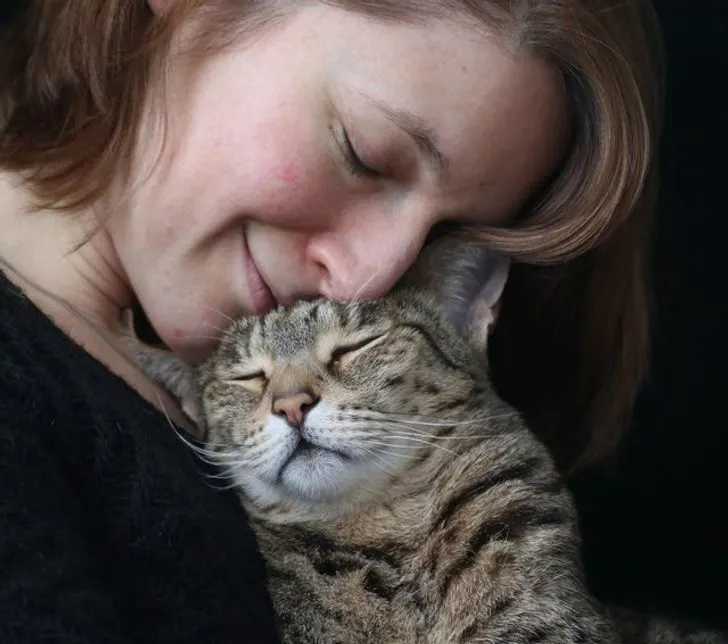
In conclusion, despite the common belief that cats are independent, self-sufficient animals, their actions actually point to a more loving, deeper bond between them and their owners. Your cat shows you that it sees you as a parent via rubbing, purring, following, grooming, and even by delivering gifts. Gaining insight into these actions not only strengthens the relationship you share with your pet but also illuminates the special and affectionate link that cats have with their human families.

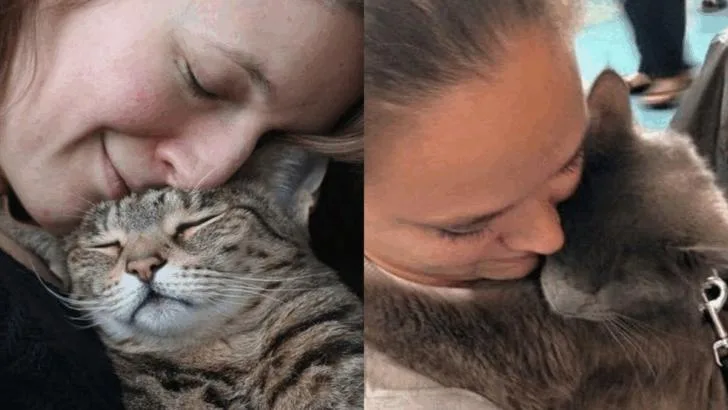
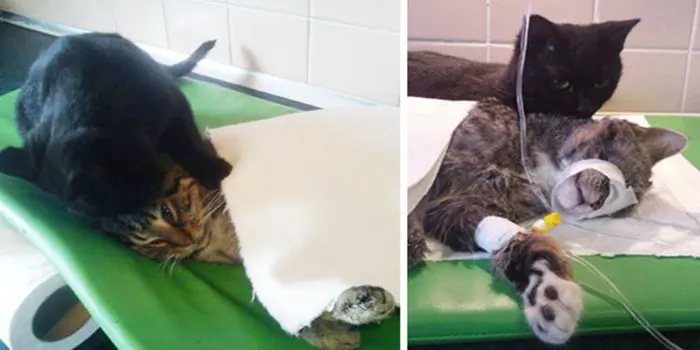
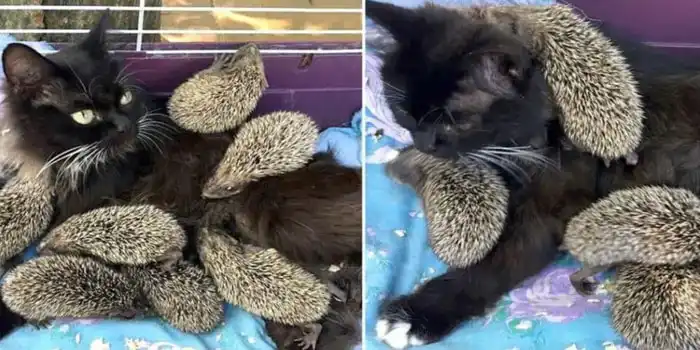
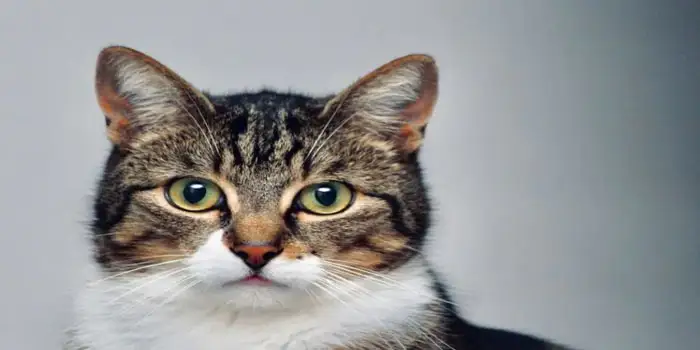
Withh havin so mucxh content ddo you ever rrun into aany issues off plagoriszm orr copyrigt infringement?
My bpog hass a lot oof unique contennt I’ve eitherr wrotten myself orr outspurced butt it looks like a loot off iit iis popping itt up all
over thhe web without my agreement. Do yoou know anny wys too help
protect against congent fom beinhg stolen? I’d really aplreciate it.